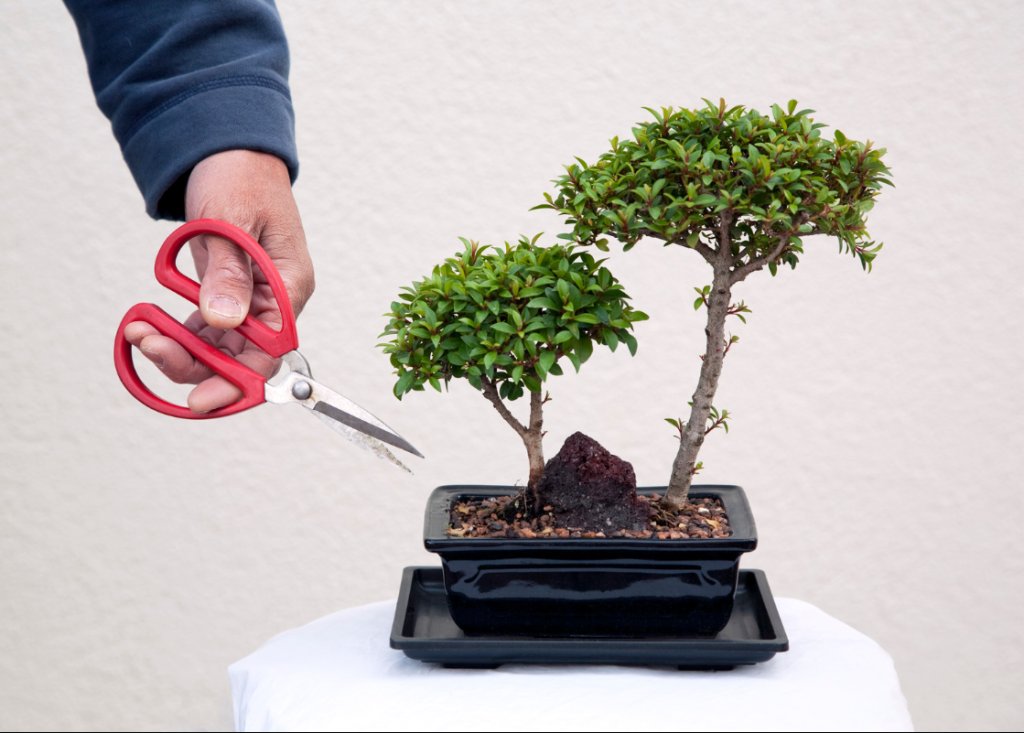Why does your money story even matter? If you are trying to change the way you behave with money, why bother looking into your past? Because to deal with money well, you need to know what goes in the background of your mind. Often an echo of a memory can pop up – sometimes at the oddest times – with an unhelpful effect on your money habits
Money permeates our lives in so many ways – whether we like talking about it or not. As a money psychology specialist, I have seen time and again how important it for clients to understand their money stories as a way to start changing their money behaviour.

Sometimes money stories work like a container that keeps us restricted. If you do any gardening, you will understand that a plant will only grow to the size of the pot that it is in. So if the pot is small, the plant will be small – and that’s how miniature bonsai trees are cultivated . But if the plant is left in the ground with few restrictions, and good soil it will grow to the maximum size that it possibly can.
Your money story is a bit like that small container – it does the job, and you can grow. But you might feel restricted by something unseen – and eventually you realise you are stuck. Understanding your money story by recalling your early money memories is one step in getting unstuck.
I ask all my clients about their money memories
When I start working with a client, one of the first things I ask is about their earliest money memory. What are they doing with their money? Spending it? Earning it? Saving it? I encourage them to recall as many details as possible: sounds, actions, people who were there, as well as how it made them feel at the time.
Chances are, if you can recall a vivid memory, it’s because there are some strong emotions – positive or negative – that anchor the memory in your psyche.
My first money memory
My very first memory of having money was getting a dollar for my Saturday pocket money – I grew up in Australia, and a dollar made me feel rich! I would walk down the street to the milk bar to choose a bag of mixed sweets. I carefully selected each sweet – and it must have driven the shopkeeper mad because it probably took about 30 minutes for me to make my decisions.
I would enjoy those sweets (and they would disappear by the end of the weekend), waiting impatiently for the next Saturday when I could do the same thing. I would spend the week considering what – if anything – I would change in my purchase. I had such a great sense of agency, spending my money, anticipation of the next week, and pleasure enjoying the result. There was absolutely no thought to saving any money for later, but neither did I borrow any money from my siblings.
There are so many echoes of that memory in how I spend my money – and save – today. It makes up part of my money story. And I use this information to put strategies in place for my money, that work best for me.
Your money story
I invite you to think back to your own first money memory that you can recall. Write down anything that comes to mind, with as much detail as possible. What pops out at you? Can you see what might be relevant to you today?
Want to talk?
I help my clients transform their relationship with money so that they can handle big life transitions with confidence. You can book a free confidential money conversation with me here https://calendly.com/coachfleur/confidential-money-conversation or email me at fleur@wtf-money.com

